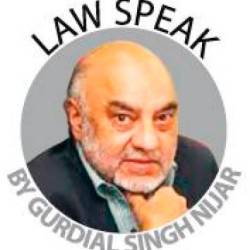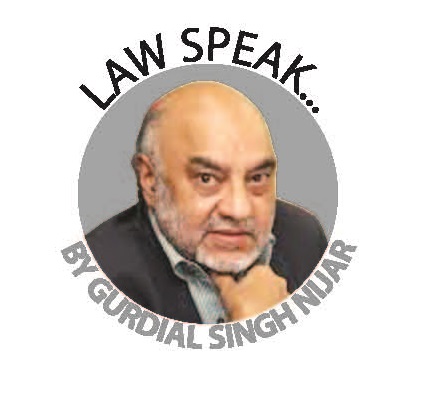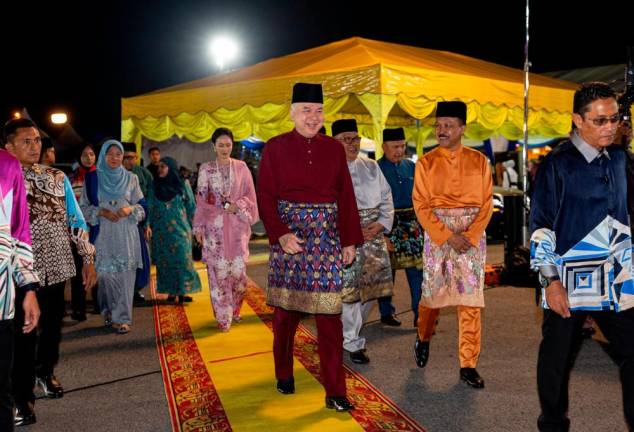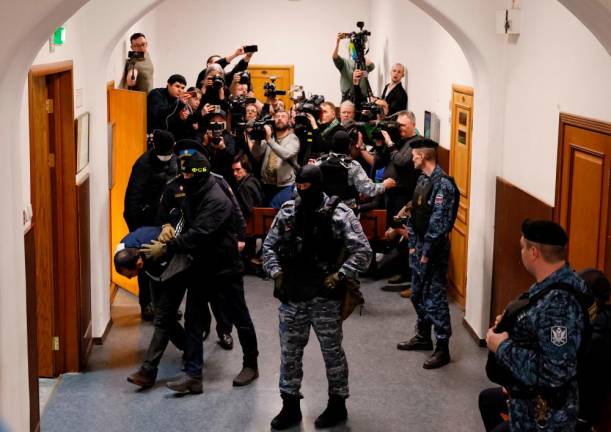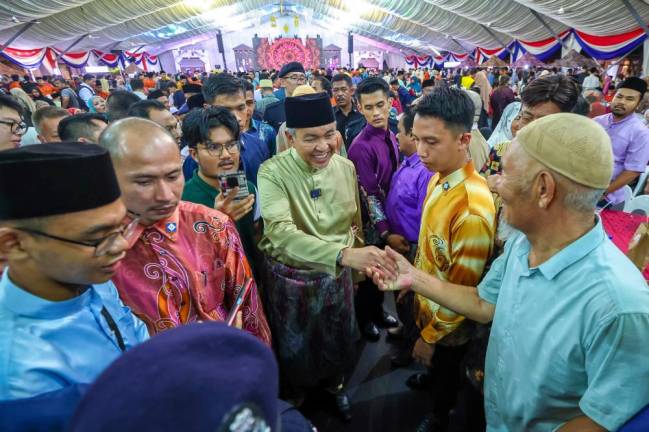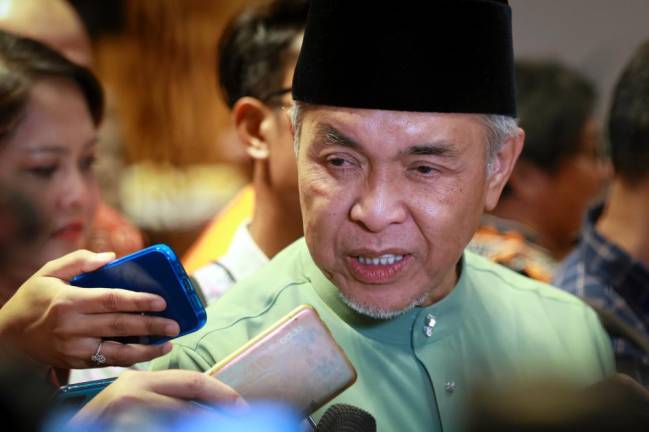SURELY, it must have been more than an empty election gesture that propelled the Pakatan Harapan government to include in its manifesto the promise to curtail the power of the prime minister.
No doubt influenced by its perception of the past prime minister’s abuses, it pledged to “remove the prime minister’s ability to manipulate key institutions”. And vowed to create stronger check and balance mechanisms against abuse of executive powers.
And so it was proposed to establish institutionalised and effective parliamentary committees (called select committees) comprising elected members of Parliament – replete with the power to call ministers and senior officials to testify. Thus placing the rakyat in control – through their elected parliamentary representatives.
To stop appointments of people beholden to the prime minister, the manifesto promised that all future appointments to key national positions must be approved by a suitable parliamentary committee. To such bodies as the: Human Rights Commission, Election Commission, Malaysian Anti-Corruption Commission (MACC), and Judicial Appointments Commission.
This would then “reduce the ability of the prime minister to intervene in these important appointments”, declared the manifesto. Additionally, important bodies such as the Attorney-General’s Chambers, MACC, Bank Negara, the Securities Commission, and the National Audit Department “shall be liable to be called by the appropriate parliamentary committee”.
A true blue charter of a democracy in action.
Alas, the first few appointments have shattered the peoples’ expectations. Admittedly, the appointments – all by the PM – have been remarkable for the unquestionable quality of the appointees. To key institutions, like the EC, the MACC, Bank Negara, the AGC, the Judiciary, the police and Suhakam.
But the fact remains. The ill that PH promised to cure persists. Many may trust the present PM to do the right thing (as he seems undoubtedly to have done). But this absolute power in the wrong hands will doom the making of the New Malaysia. And, as the manifesto noted, it will “be making the prime minister like a king”.
The justification for breaking the pledge is that to institute the select committee system requires a constitutional amendment. And that the government does not have the requisite two-thirds’ parliamentary majority to push the amendment through.
First, there is nothing to suggest that the opposition will block the amendment. Else it risks being labelled as anti-democratic. Second, only appointments to five institutions/positions (AGC, EC, IGP, Auditor-General and the judiciary) are governed by the Federal Constitution. The rest of the key appointments (example, heads of MACC, Bank Negara, Competition Commission, MCMC) are stipulated in normal acts of parliament. These can be amended by a simple majority. Third, even for appointments mentioned in the Federal Constitution, if it is not stipulated in the Constitution who the Yang di-Pertuan Agong or prime minister must consult/act on any recommendation of, it is still open to Parliament to regulate.
Role of select committees
In any event, select committees can function within the existing legal architecture. Parliament can set them up – not just for making appointments but generally – to control or scrutinise the executive; including the main government departments and associated public bodies. They can question policies and investigate the details of administration. This way any malpractice or misguided policies or questionable appointments can be nipped in the bud. Presently, we have to wait for the auditor general’s end-of-year report to learn that tons of money were spent for appliances that never worked; or that outrageous prices were paid for goods.
Select committees can stop the corruption rot.
Through such committees our elected representatives can effectively “balance” executive power; much better by far than making sporadic comments in debates from the floor of the House.
Indeed, the PH manifesto promised to give the “select committee system” “suitable provisions and appropriate support staff to enable them to function effectively”.
On major appointments, one route may be for a special selection or nomination committee to be set up, tasked with inviting appointments, reviewing the applications, selecting candidates, interviewing them and finally making its recommendations to the minister, complete with a comprehensive report. More than one candidate could be nominated. The appropriate select committee then reviews the proposed appointment – including by hearings which could be open to the public. The select committee then makes its recommendations for acceptance to the minister or prime minister.
This would be somewhat in line with the Westminster model. The UK practice as set out in the Governance of Britain Green Paper, proposed that government nominees for key positions – particularly those with a role in protecting the public interest or holding the executive to account – be subject to appointment hearings by the appropriate select committee.
Following this, the UK government now undertakes to “consider committees’ conclusions and recommendations before deciding whether to proceed with the appointments”. In 2008-2009 there were 29 pre-appointment hearings by select committees. And they are now an established and permanent feature of major appointments.
Now that a year has passed, it is surely about time that efforts are initiated in earnest to operationalise the select committee system. For too long, as the PH railed in its pre-election rallies, the country has been ravaged. Caused in significant part, by questionable appointments to key institutions.
It is well for the government to remind itself that “Broken vows are like broken mirrors. They leave those who held to them bleeding and staring at fractured images of themselves”: Richard Evans in Promise Me.
Gurdial believes that the truth will set you free. Comments: letters@thesundaily.com



